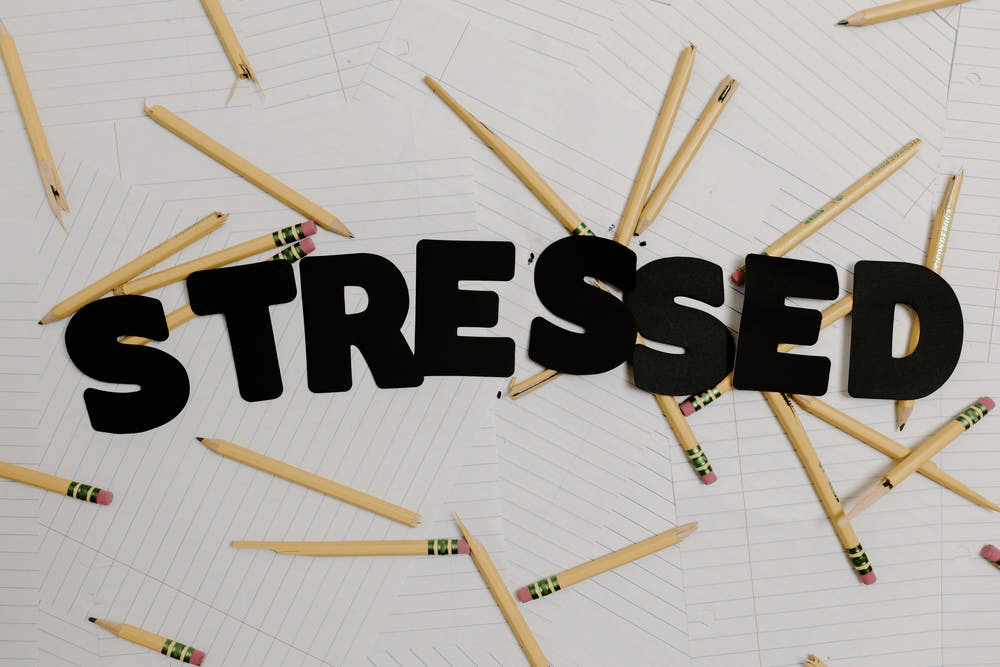The Monster of Distractions
Have you ever found that no matter how hard you tried, memorizing a paragraph was impossible?
Or opening an email but suddenly… not knowing what you were supposed to do in it.
Or letting several misspelled words or spelling mistakes slip into a text.
Strange, isn’t it?
Stress and Its Symptoms
Often when we talk about stress we automatically think of the most physical symptoms. For example, muscle pain. Or stomach discomfort.
If we delve deeper into its symptoms, it’s likely we’ll next think of the emotional ones. “She’s overwhelmed, or irritable”. But what we probably won’t initially think of are the cognitive symptoms.
Some of the cognitive symptoms of stress are the following:
- Difficulties in maintaining attentional focus
2. Memory failures
3. Alterations in decision-making capacity
4. Problems in prioritizing tasks
5. Feeling of “mental fog” or “brain fog”
6. Difficulties in inhibiting unwanted stimuli
7. Decrease in productivity, as a result of the above symptoms and others such as sleep problems or irritability

Cortisol and Its Excesses
Cortisol is necessary. Just like stress, fear, sadness, and so many other seemingly negative things, it serves a function. We need it to stay alert and defend ourselves from certain threats.
The problem (as almost always) appears when we talk about an excess of cortisol. From a stress reaction that doesn’t pass, leading us to be “flooded” with this hormone. When this happens, a series of cognitive functions are affected. Cognitive functions are those “higher” mental abilities we humans have. Like memory, attention, reasoning, planning… This is how stress affects these functions:
- Memory: working memory is what we use when we have to “work with” data, such as memorizing a phone number to dial it, keeping in mind the digits of where we parked to enter them in the parking machine, or retaining the 6 numbers of an internet purchase confirmation code. When we are in a situation of significant stress or have been experiencing chronic stress, working memory is affected by the hormones we secrete. Therefore, we won’t be able to memorize lists, learn new things easily, or repeat a command
- Attention: Attention is the basis of almost everything. If there is a high level of stress or chronic stress, our capacity for selective attention is damaged. That is, we cannot choose which stimuli to pay attention to, and therefore, we get distracted. Another type of attention affected is sustained attention, as under stress, the time we can pay attention continuously to something decreases. This is when we say we “have trouble concentrating”
- Executive Functions: When we have a high level of stress we secrete cortisol. The excess of cortisol interferes with executive functions especially in:
- Cognitive flexibility: we find it hard to evaluate alternatives, we become “stubborn”
- Planning: difficulties in planning things or establishing task lists
- Decision making: the normal process is altered, and we tend to make more hasty or less “rational” decisions. Another possibility is that we overthink what we want to decide, getting blocked

As you can see, stress is a problem that generates many other problems. Not only physical or emotional, but also at a cognitive level, in performance, and in our productivity.
That’s why we coin it under the name “the monster of distractions”, although they are not the only thing it causes us.











